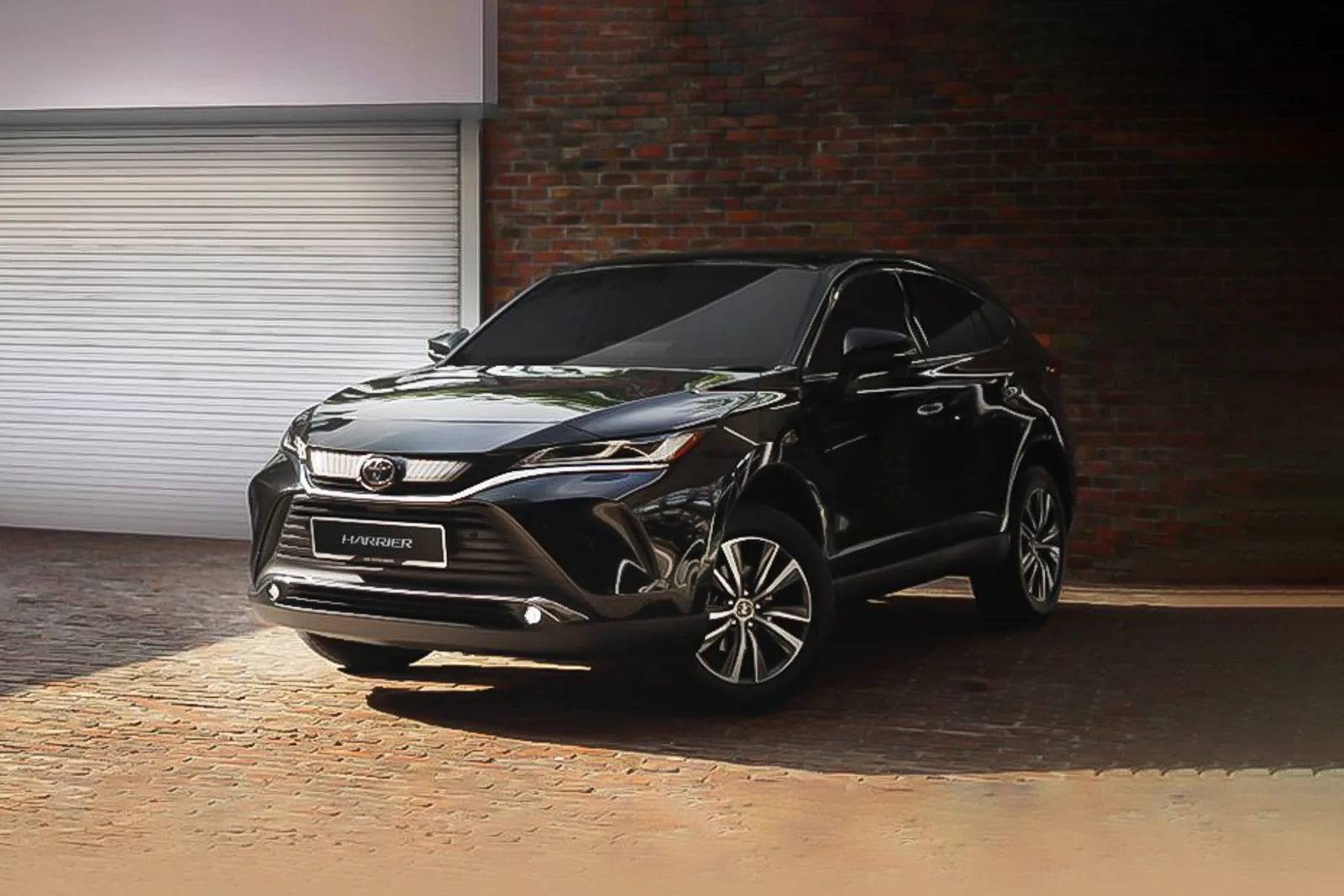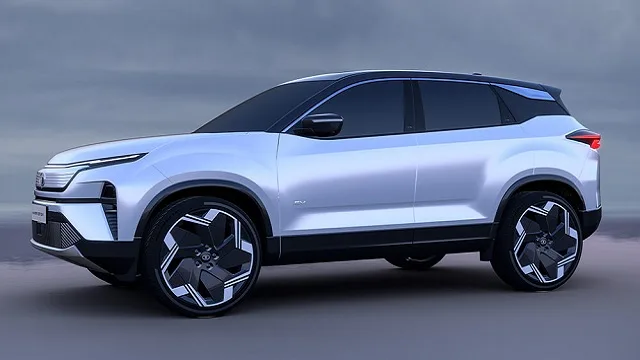
The quiet hum of electric motors is gradually replacing the familiar roar of combustion engines on Tamil Nadu’s bustling streets. From Chennai’s tech corridors to Coimbatore’s industrial zones, a green revolution is silently transforming how people and goods move across the state. This transformation isn’t happening by chance—it’s the result of strategic planning, bold investments, and a vision for a cleaner, more sustainable future.
“The EV shift is happening in Tamil Nadu, and it’s happening faster than many anticipated,” says Arun Murugappan, Chairman of the Murugappa Group, one of the key players driving this change. His words reflect not just optimism but a tangible reality taking shape across the state.
Contents
- 1 EV market in Tamil Nadu: Growth and Opportunities
- 2 Complete Guide to EV Charging Stations in Tamilnadu
- 3 Leading EV Companies in Chennai Transforming Mobility
- 4 Tamil Nadu Electric Vehicle Policies Driving the Green Revolution
- 5 Challenges and Future Outlook for Tamil Nadu’s EV Sector
- 6 Frequently Asked Questions About Electric Vehicles in Tamil Nadu
- 7 Conclusion: Tamil Nadu’s Electric Future Takes Shape
EV market in Tamil Nadu: Growth and Opportunities
The EV market in Tamil Nadu has emerged as one of India’s most dynamic EV ecosystems. With a combination of manufacturing prowess, policy support, and growing consumer interest, the state is positioning itself as a leader in India’s electric mobility transition.
Tamil Nadu’s strategic advantages in the EV sector include:
- Strong manufacturing base with established automotive expertise
- Proactive government policies supporting EV adoption
- Growing network of charging infrastructure
- Significant investments from both domestic and international players
- Rising consumer awareness and acceptance of electric mobility
The Murugappa Group exemplifies this momentum, having developed four distinct EV platforms spanning various vehicle segments. “We’ve invested nearly Rs 500 crore in a new facility and R&D,” Murugappan reveals. “Our goal is to achieve $1 billion in revenue from our EV business by 2029.”
This ambitious target reflects the broader growth trajectory of the electric vehicle market in Tamil Nadu, where both established players and startups are racing to capture market share in what promises to be a transformative decade for mobility.

Top EV Cars in Chennai: Models, Prices, and Features
For residents of Tamil Nadu’s capital, the options for EV cars in Chennai have expanded significantly in recent years. From affordable city runabouts to premium SUVs, the market now offers choices across various price points and use cases.
| Model | Type | Price Range (₹) | Range (km) | Charging Time |
|---|---|---|---|---|
| Tata Nexon EV | SUV | 14.49-19.29 lakh | 312-465 | 8.5 hrs (0-100%) |
| MG ZS EV | SUV | 23.38-25.88 lakh | 461 | 8-9 hrs (0-100%) |
| Tata Tiago EV | Hatchback | 8.69-11.99 lakh | 250-315 | 8.7 hrs (0-100%) |
| Mahindra XUV400 | SUV | 15.99-19.39 lakh | 456 | 6.5 hrs (0-100%) |
| Hyundai Kona | SUV | 23.84-24.03 lakh | 452 | 6 hrs (0-100%) |
The electric car price Chennai consumers face has been a barrier to adoption, but recent government incentives and falling battery costs are making these vehicles increasingly accessible. Additionally, the long-term savings on fuel and maintenance make the total cost of ownership more attractive than it might initially appear.
“I switched to an electric car last year, and my monthly commuting costs have dropped by almost 70%,” says Priya Ramachandran, a software engineer who drives from her home in Velachery to her office in Siruseri IT Park. “The initial investment was higher, but I’m already seeing the benefits.”
Complete Guide to EV Charging Stations in Tamilnadu
For potential EV buyers, range anxiety remains a significant concern. However, the network of EV charging stations in Tamilnadu has expanded significantly in recent years, making electric mobility increasingly practical for daily use.
The Tamil Nadu government has adopted a cluster-based approach to develop charging infrastructure, focusing on six key cities:
- Chennai
- Coimbatore
- Salem
- Madurai
- Tirunelveli
- Trichy
This strategic approach aims to create adequate charging networks to support EV adoption across the state’s major urban centers.
| City | Number of Charging Stations | Types Available |
|---|---|---|
| Coimbatore | 35 | AC & DC Fast Chargers |
| Madurai | 33 | AC & DC Fast Chargers |
| Chennai | Data not available | AC & DC Fast Chargers |
| Salem | Data not available | Primarily AC Chargers |
| Tirunelveli | Data not available | Primarily AC Chargers |
| Trichy | Data not available | Primarily AC Chargers |
“We’re seeing a chicken-and-egg situation resolving itself,” notes energy analyst Vikram Mehta. “As more EVs hit the roads, charging infrastructure becomes more economically viable, which in turn encourages more EV purchases.”
The government’s willingness to share costs with companies setting up charging infrastructure has accelerated deployment. Additionally, the strategic placement of charging stations near electrical sub-stations is helping to ensure efficient power distribution and reduce installation costs.
Leading EV Companies in Chennai Transforming Mobility
Several EV companies in Chennai are driving innovation in the electric mobility space. The city’s strong automotive manufacturing heritage has provided a solid foundation for this emerging sector.
The Murugappa Group stands out as a significant player, having developed four EV platforms:
- Electric tractors: Targeting agricultural applications with zero-emission alternatives
- Three-wheelers: Both cargo and passenger variants for last-mile connectivity
- Electric small commercial vehicles (ESCVs): For urban logistics and delivery
- Electric heavy commercial vehicles (E-HCVs): For larger transport needs
“We see tremendous potential in electrifying commercial vehicles,” explains Murugappan. “The operational economics make sense, especially for fleet operators who can plan their routes and charging needs systematically.”
Other notable EV manufacturers in Tamil Nadu include:
- Ather Energy: Pioneering electric scooters with smart features
- Ampere Vehicles: Focusing on affordable electric two-wheelers
- TVS Motor Company: Expanding its electric portfolio with models like the iQube
- Ola Electric: Establishing a massive manufacturing facility for electric scooters
The presence of these companies is creating a robust ecosystem that spans the entire EV value chain, from battery production to vehicle assembly and charging infrastructure.
Tamil Nadu Electric Vehicle Policies Driving the Green Revolution
The Tamil Nadu electric vehicle policies have been instrumental in accelerating the state’s EV transition. The government’s approach combines financial incentives, infrastructure support, and manufacturing promotion.
Key policy highlights include:
- Manufacturing incentives: Special packages for companies setting up EV production facilities
- Purchase subsidies: Reduced road tax and registration fees for electric vehicles
- Charging infrastructure support: Cost-sharing arrangements for setting up charging stations
- Research and development: Funding for innovation in EV technologies
- Skill development: Programs to train workforce for the EV industry
“The policy framework has evolved significantly,” says policy expert Rahul Tongia. “We’ve moved from broad directional support to specific, targeted interventions addressing key barriers in the EV ecosystem.”
The state’s approach aligns with India’s broader push toward electric mobility, but Tamil Nadu’s implementation stands out for its comprehensive nature and focus on creating a complete ecosystem rather than just promoting vehicle sales.
Challenges and Future Outlook for Tamil Nadu’s EV Sector
Despite the promising growth, the future of electric vehicles in Tamil Nadu faces several challenges:
- Battery technology and costs: While improving, battery costs remain a significant portion of EV prices
- Charging speed: Current charging times are still longer than refueling a conventional vehicle
- Grid capacity: As adoption increases, the electrical grid will need upgrades to handle demand
- Consumer awareness: Many potential buyers still have misconceptions about EV performance and reliability
- Skilled workforce: The industry needs technicians trained specifically for EV maintenance and repair
However, the trajectory remains positive. Industry projections suggest EVs could account for 30% of all vehicle sales in Tamil Nadu by 2030, with even higher penetration in the two-wheeler and commercial vehicle segments.
“We’re at an inflection point,” observes automotive analyst Deepesh Rathore. “The next five years will see exponential growth as technology improves, prices fall, and infrastructure expands.”
Also Read: BYD’s New EV Platform Cuts Charging Time to 5 Minutes
Frequently Asked Questions About Electric Vehicles in Tamil Nadu
Conclusion: Tamil Nadu’s Electric Future Takes Shape
As the sun sets over Marina Beach in Chennai, the silhouettes of charging stations stand as monuments to a changing era. The Tamil Nadu EV market is no longer just a vision for the future—it’s a present reality gaining momentum with each passing day.
From the government offices in Fort St. George to the manufacturing facilities in Sriperumbudur, a coordinated effort is underway to transform how Tamil Nadu moves. The electric revolution isn’t just about replacing one type of vehicle with another—it’s about reimagining mobility for a sustainable future.
For consumers considering the switch, the growing infrastructure, expanding vehicle options, and long-term economic benefits make a compelling case. As Arun Murugappan puts it, “The question is no longer if the transition to electric vehicles will happen, but how quickly.”
As Tamil Nadu charges forward into this electric future, it carries with it the potential to become not just a leader in India’s EV landscape, but a model for sustainable transportation globally.
